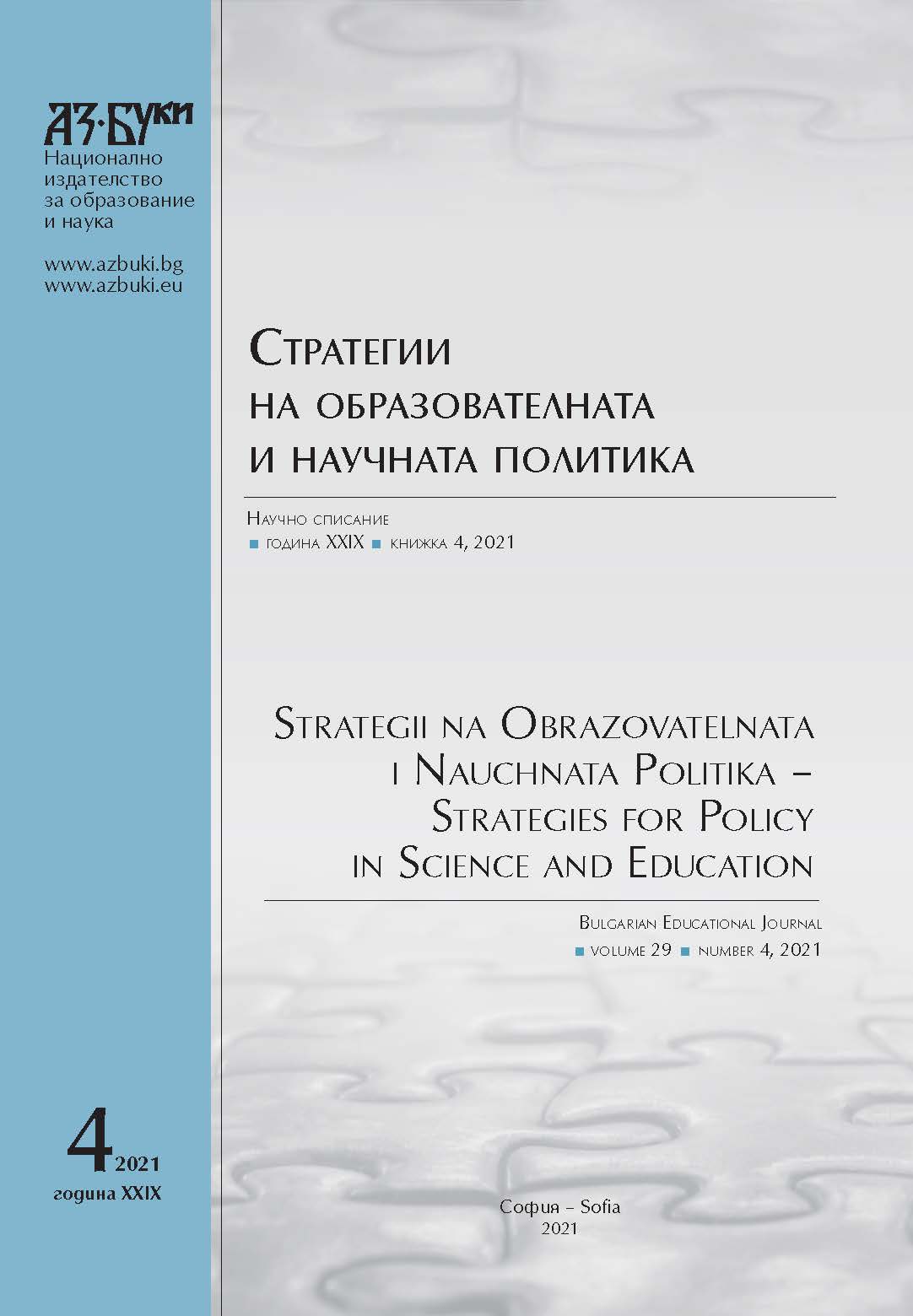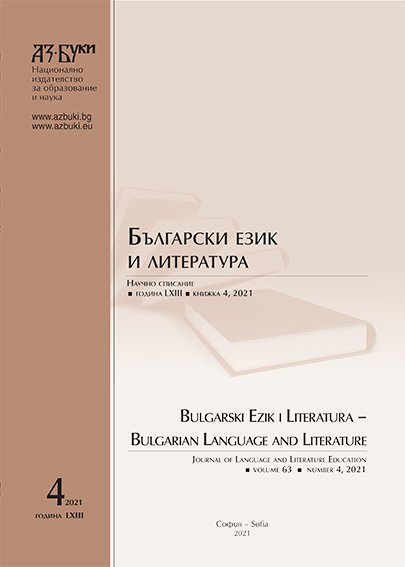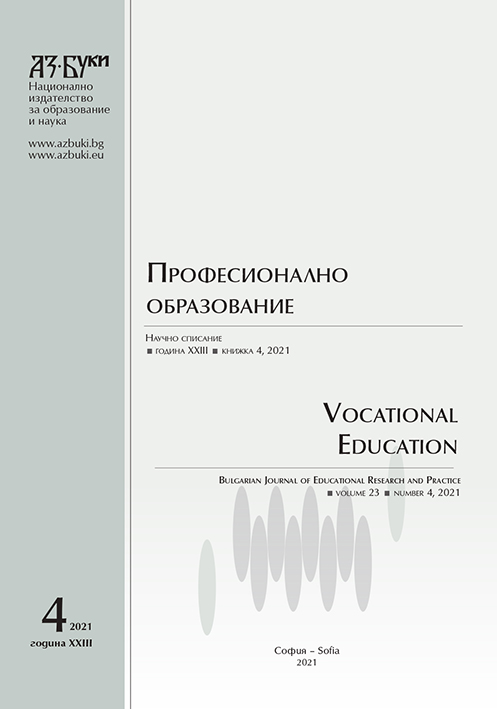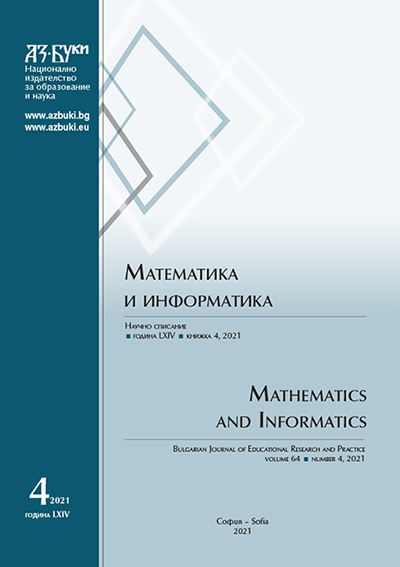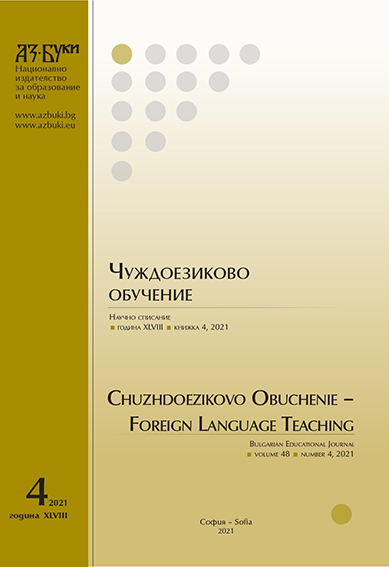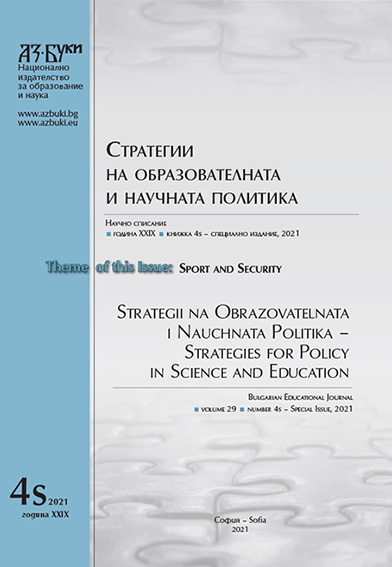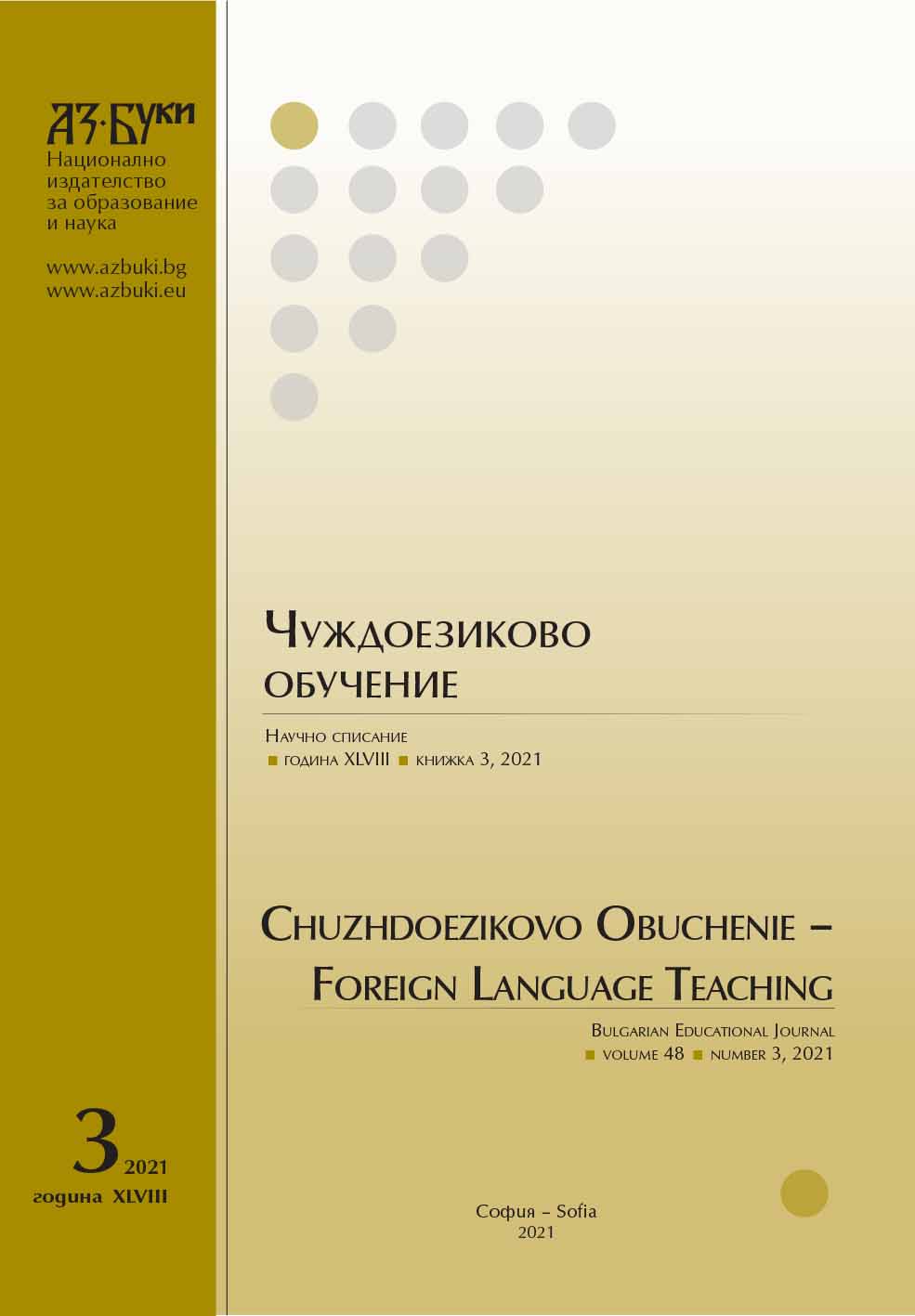
Цифровая коммуникация и проблемы перевода (на материале болгарских и русских сетевых текстов)
The problem of equivalence of digital translation in the global Internet network is considered. The subject of the study is the errors of digital translation in texts posted on the Internet in the Facebook network. The method of comparative semantic-contextual analysis is used. As a result of the study of texts translated from Bulgarian into Russian, it was found that communication failures are observed at all language levels: lexical-semantic, word-formation, grammatical and at the level of value-modal assessment of the situation. Translation errors reveal the use of English as an intermediary language in the translation of Slavic texts in network systems. It is concluded that the improvement of digital translation models requires more attention to the lexical-semantic, word-formation and grammatical specifics of the Slavic languages, to their realities and language pictures of the world.
More...
